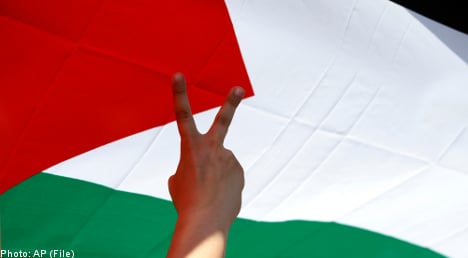The Swedish Riksdag voted by an overwhelming majority to ratify a June 28th agreement between Stockholm and Ramallah on upgrading the Palestinian Authority’s mission here.
The agreement gives the Palestinian Authority’s representation in Sweden “the same immunities, exemptions, and privileges as embassies and their representatives.”
But lawmakers rejected an amendment calling for the recognition of a
Palestinian state, with 179 votes against and 140 votes in favour of the
proposal.
In November, Sweden backed a resolution recognizing the Palestinians as a non-member observer state at the UN, but members of the ruling centre-right coalition disagree on the issue of recognizing Palestinian statehood.
Bulgaria, the Czech Republic, Hungary, Malta, Poland, Romania, Slovakia and Cyprus are the other European countries to have given Palestinian representation the status of an embassy.
AFP/The Local/at




 Please whitelist us to continue reading.
Please whitelist us to continue reading.
Member comments